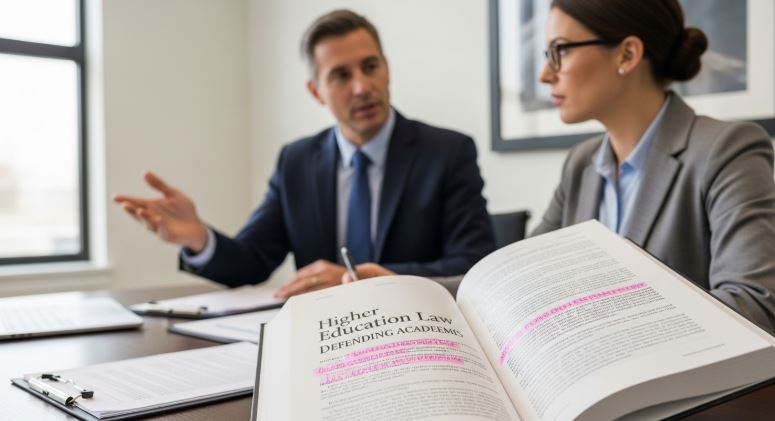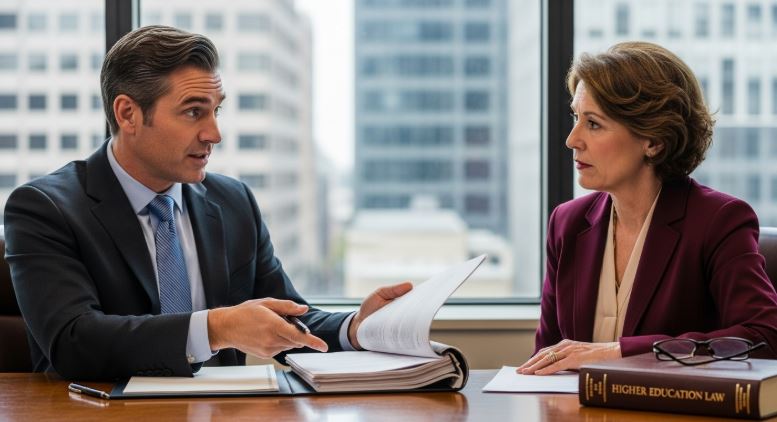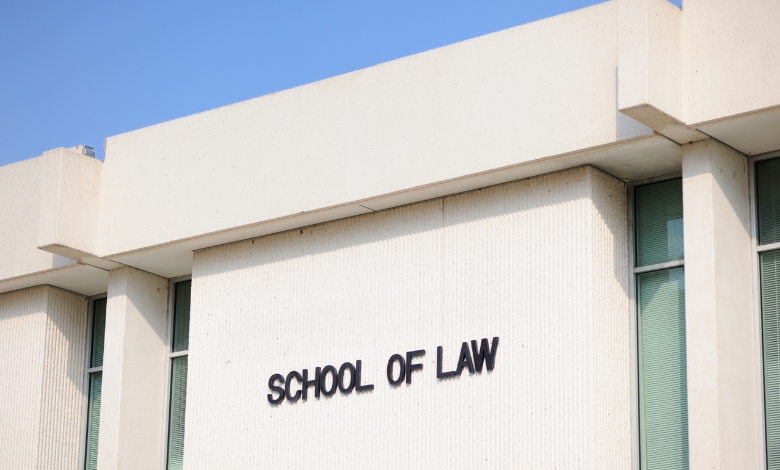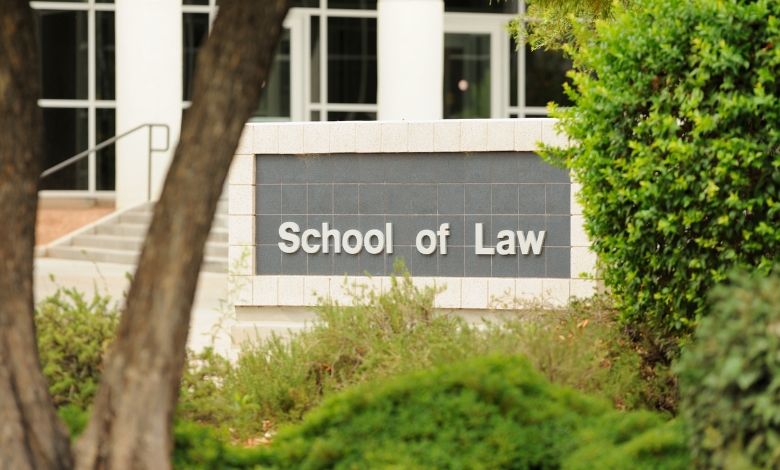Learn how higher education law attorneys help professors protect their rights, careers, and reputations from institutional challenges.
Professors dedicate their lives to teaching, research, and guiding students, yet they often face complex legal challenges within their institutions. Issues such as wrongful termination, tenure denial, or discrimination can damage years of hard work. This is where higher education law plays a key role. Working with an education law attorney or academic law firm helps professors protect their rights, their careers, and their professional reputations before problems escalate.
Article Breakdown
Understanding Higher Education Law
Higher education law covers all the legal matters that affect colleges, universities, and their faculty members. It includes employment rights, academic freedom, tenure, discrimination, and internal investigations. Because universities follow unique policies and procedures, the laws governing them can be very different from standard workplace rules.
A higher education lawyer helps faculty members understand these rules and make sure institutions follow them properly. They interpret policies, guide professors through internal hearings, and step in when due process is ignored.
Common Legal Challenges Faced by Professors
Professors may face several legal challenges during their careers. These include wrongful non-renewal, discrimination, retaliation, intellectual property disputes, and conflicts over academic freedom. Many of these issues start as small misunderstandings but later turn into major disputes.
An academic employment lawyer can provide early guidance before these conflicts worsen. They review employment contracts, identify violations of university policies, and help professors prepare a clear defense backed by documentation and legal reasoning.
The Role of a Higher Education Law Attorney
A higher education law attorney is the bridge between university policy and state or federal employment law. They represent professors in negotiations, hearings, and legal cases involving termination, suspension, or investigation.
Their work often includes reviewing contracts, collecting evidence, communicating with university counsel, and protecting academic integrity. These attorneys also ensure institutions respect faculty members’ rights to fair treatment and free expression — two values that define higher education.
How an Attorney for Professors Protects Career and Reputation

An attorney for professors not only defends against unfair actions but also helps prevent them. They step in when professors face false allegations, poor evaluations, or biased disciplinary actions.
For instance, if a teacher’s reputation is at risk due to a flawed internal report, the attorney can challenge the findings and request a formal review. In many cases, they negotiate private settlements that protect both reputation and employment status.
At The Professor Attorney, the team understands how deeply personal these challenges can be. Their focus on higher education law allows them to help professors handle disputes calmly and professionally, always aiming to safeguard both career and credibility.
When to Hire an Education Law Attorney
Many professors wait too long before consulting an education law attorney. Early legal advice can make a major difference in how a situation unfolds. You should reach out for help when:
- You are denied tenure without clear reasons.
- You experience retaliation after filing a complaint.
- You’re placed under investigation with limited explanation.
- You suspect discrimination in hiring or promotion decisions.
A faculty rights lawyer can analyze your situation, identify whether university procedures were followed, and suggest the most effective legal strategy.
Tenure Disputes and the Importance of a Tenure Dispute Lawyer
Tenure provides job security and protects academic freedom, but disputes are common. A tenure dispute lawyer helps professors who believe their tenure was unfairly denied, delayed, or revoked.
These lawyers review the institution’s policies, gather documentation, and file formal appeals when necessary. They also guide clients through complex internal review processes, ensuring that deadlines and procedural rules are respected. Tenure cases can be emotionally draining, so having an experienced advocate helps professors stay focused and confident throughout.
How an Academic Law Firm Supports Faculty and Universities
An academic law firm often serves both professors and educational institutions, providing balanced legal support in academic settings. For professors, they handle employment disputes, contract reviews, and research compliance. For universities, they advise on policy updates and faculty relations.
If you work in California, consulting a professor attorney in California gives you the advantage of local expertise, as state employment laws can differ significantly from federal standards. Having a legal team familiar with regional regulations ensures your rights are fully protected.
Working with a University Faculty Lawyer for Contract Reviews
A university faculty lawyer helps professors understand the fine details of employment contracts before signing. Many disputes happen because faculty members overlook certain clauses related to renewal, termination, or evaluation.
Having your agreement reviewed by an academic employment lawyer helps you spot unfair terms early. They can recommend contract changes, explain university obligations, and make sure you know your rights under both institutional policy and state law. Preventing problems before they happen is always easier — and less stressful — than solving them later.
Sum up

Professors face unique challenges in higher education, from tenure disputes to employment disagreements. A higher education lawyer provides the expertise needed to navigate these complex issues while protecting academic integrity.
Whether it’s a contract review, a disciplinary hearing, or a wrongful termination case, working with a skilled education law attorney ensures your voice is heard and your career is secure. Every educator deserves fair treatment — and the right legal support helps make that possible.
FAQ’s
What does a higher education lawyer do?
They help professors with contract issues, tenure disputes, and job terminations.
When should a professor hire an attorney?
When facing non-renewal, tenure denial, or unfair treatment.
Can a lawyer help with tenure problems?
Yes, a tenure dispute lawyer can review policies and handle appeals.
What if I’m a professor in California?
A professor attorney in California can protect your rights under state laws.
How does an academic employment lawyer help?
They defend your job rights and negotiate fair outcomes.



